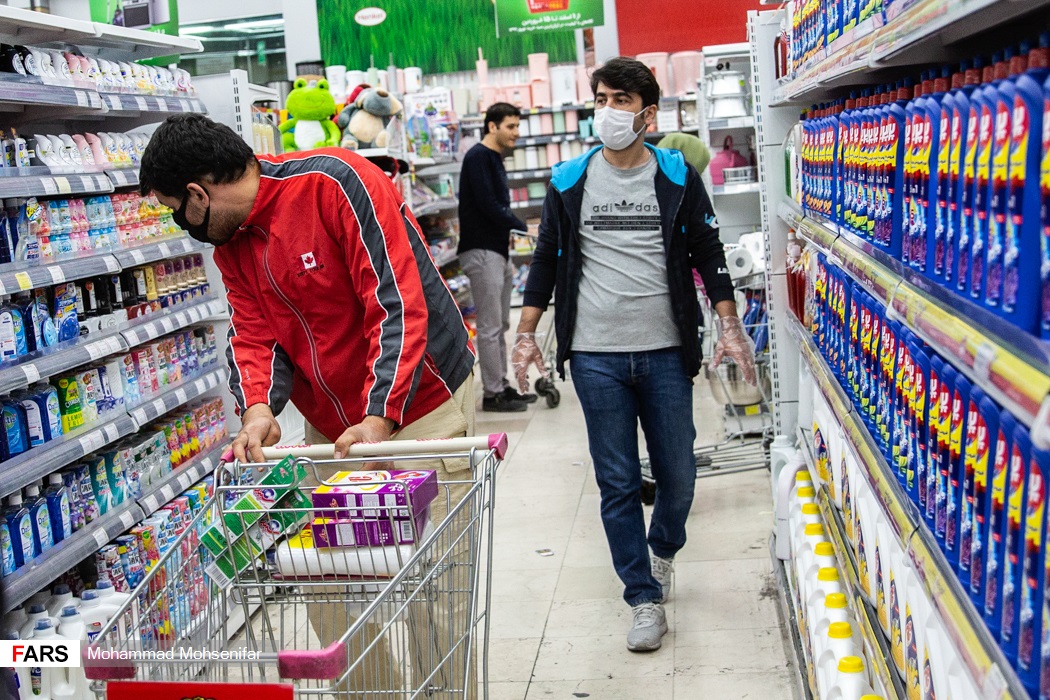

It has been more than a year now since the outbreak of the COVID-19 pandemic and many countries still have travel restrictions in place. The virus ravaged the world economy with businesses being closed down and people losing their jobs. Vaccines against the virus have been developed and vaccination campaigns are being organised by governments across the world. Everybody is hopeful that the situation will normalise soon and economic activities will gather pace sooner than later.
The economy in Nepal also took a major hit due to the pandemic and the World Bank too has projected Nepal’s economy to grow by only 0.6% in 2021, inching up from an estimated 0.2% in 2020 as lockdowns caused by COVID-19 disrupt economic activity. The government has been trying to give a boost to the economy but are those measures enough?
Satish More, president of the Confederation of Nepalese Industries, says, “The development process is rather weak in our country and unless there is major spending on development activities the economy is unlikely to grow as expected.”
“A majority of the businesses are somehow surviving and there has been no new investment as such,” he mentions, adding that there has to be fresh investments for the economy to get back to a normal state. According to More, most investors are in a wait and watch mode at present. “The government I feel is lagging behind in making decisions. It needs to take decisions as quickly as possible.”
However, More states that the pandemic has taught the country a few interesting lessons. “There are new start-ups now and online businesses are doing pretty good, which means that we need to now focus on the digital economy,” he adds.
“We are planning to introduce a new concept called ‘Make in Nepal’, which is about utilising our local resources and this concept will be owned by the government,” he shares. “The government should frame new policies as per the concept and look into ways on how the development process can be fast tracked.”
Meanwhile, Rajesh Kazi Shrestha, president of Nepal Chamber of Commerce, says that the coronavirus pandemic has hit the Nepali economy really hard. “Our businesses at present are in the recovery process but we are finding it difficult,” he mentions, adding, “We are basically in the survival mode now.”
“The government should provide businesses with relief packages and motivate us,” he states. As per Shrestha, most of the traders are left with no option other than to reduce the price of their products to lure buyers.
He adds that the government should learn a few lessons from our neighbouring countries like India, which has been trying to lift the economy by providing incentives. “India has provided some tax incentives, so the government here too needs to look at providing such tax incentives,” says Shrestha, adding that it would be a relief if the government provided some relief on Value Added TAX and on customs duty for imported goods. “This will help reduce the price of products in the market and more people will be motivated to shop,” he states, adding, “Once market activities pick up pace the economy too will start flourishing.”
Shrestha further mentions that it is only when consumers are out in the market buying goods and services will businesses be able to invest or expand, which will subsequently generate more employment opportunities.
“The business sector has been through a lot since the outbreak of the coronavirus and lockdown and is now just about getting back on its feet,” mentions Shekhar Golchha, president of the Federation of Nepalese Chambers of Commerce and Industry. “The government should introduce business and investment-friendly policies, more so now because most industries have been ravaged by the pandemic and its consequences,” he adds.
Golchha further states that businesses are just about getting back on their feet but what is worrying now are the frequent rallies and strikes being organised. “One of the fundamental prerequisites for any economy is that there needs to be political stability or else investors and businesses get demotivated and the economy is going to stagnate,” he adds.